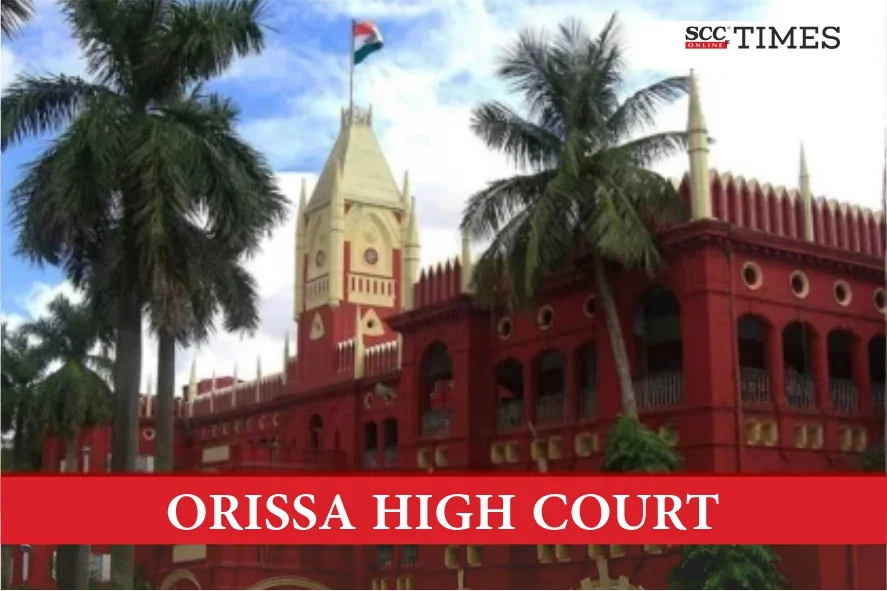Orissa High Court: In an application for interim bail under Section 439 of the Code of Criminal Procedure, 1973 (‘CrPC’) in connection with offences alleged under Sections 376(1)/376h(n)/313/323/294/417/344/506/34 of the Penal Code 1860, (‘IPC’) read with Section 6 of the POCSO Act, the Single Judge Bench of S.K. Panigrahi, J. allowed the application and directed to release the accused on interim bail considering whether continued incarceration of the accused was justified in light of a prior consensual relationship and subsequent familial resolution.
Background
The case stemmed from a written complaint lodged at the local police station by the prosecutrix, alleging that the accused had engaged in a physical relationship with her since 2019 under a false promise of marriage, when she was a minor. It was alleged that the relationship resulted in pregnancy, which was later terminated without her consent. A second alleged incident of sexual contact occurred in December 2022, followed by threats and abuse from the accused and his family. Charges under various provisions of the IPC and the POCSO Act were filed.
The accused, in custody since his arrest, filed for interim bail on the grounds that the relationship was consensual contending that there was no element of coercion, and the age difference between the parties was negligible. It was further submitted that following intervention by community members, the matter had been amicably resolved, and the families had agreed to a marriage between the parties. The accused undertook to solemnise the marriage post-release.
Analysis and Decision
The Court took cognizance of the social and legal complexities involved in adolescent relationships. Emphasising that statutory offences under the POCSO Act must not be interpreted in a mechanical fashion, the Court stressed the importance of distinguishing between exploitative conduct and consensual intimacy among peers. It noted that while the statutory mandate protects minors, judicial forums are not precluded from applying a contextual lens when the relationship reflects mutual consent, minimal age disparity, and absence of force or manipulation.
The Court referred to Madras High Court decision in Sabari v. Inspector of Police1 and Bombay High Court’s decision in Sunil Mahadev Patil v. State of Maharashtra2, wherein consensual relationships between adolescents were held not to warrant the same prosecutorial severity as predatory conduct. The Court said that in some instances, criminal proceedings are initiated not out of victimization, but familial or social disapproval of the relationship, with the law being used as a tool of control rather than protection.
“The criminal justice system should not be weaponised to punish emotional intimacy between peers simply because it offends the sensibilities of others.”
The Court held that in bail matters, the inquiry is not into guilt but into whether continued detention is necessary to serve justice. In the present case, given the amicable resolution between the parties, the consensual nature of the relationship, and the absence of any prima facie material showing coercion or undue influence, the Court found no compelling ground to deny temporary liberty.
Accordingly, interim bail was granted for a period of one month from the date of release, subject to the conditions, including prohibition against tampering with evidence and engaging in criminal conduct. The accused was directed to surrender upon expiry of the bail period.
[Hamid Sha v. State of Odisha, 2025 SCC OnLine Ori 2239, Decided on: 13-05-2025]
Advocates who appeared in this case :
For the Petitioner: Kshirod Kumar Rout, Adv
For the respondent: Pradipta Satpathy, ASC
Buy Code of Criminal Procedure, 1973 HERE
1. Criminal Appeal No. 490 of 2018.
2. BAIL APPLICATION NO. 1036 OF 2015.



